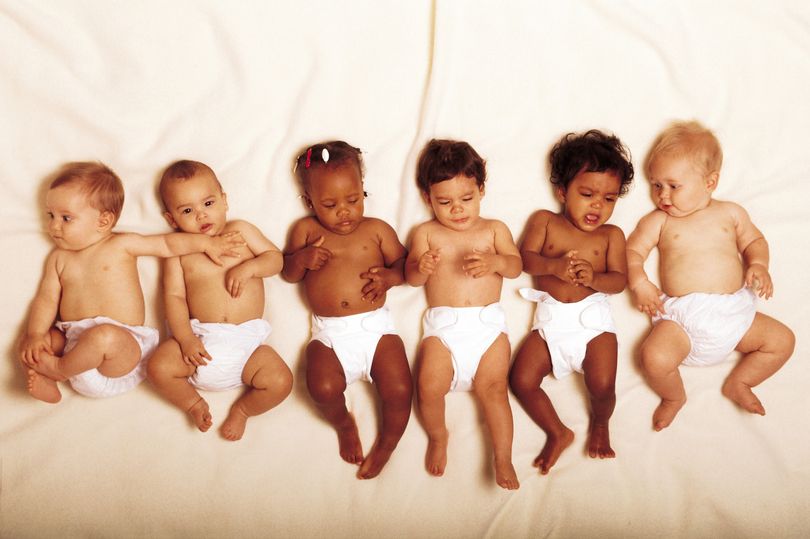Now here’s a reversal of previous thinking: all children born to healthy parents in clean environments develop at approximately the same rate, with genes accounting for as little as 10% of their development.
The nature versus nurture debate has raged for decades, so researchers at the University of Oxford examined data from about 1,000 children to try and settle the argument.
Professor Stephen Kennedy, the co-director of the Oxford Maternal and Perinatal Health Institute, said: “At every single stage we’ve shown that healthy mothers have healthy babies and that healthy babies all grow at exactly the same rate.
“It doesn’t matter where you are living, it doesn’t matter what the colour of your skin is, it doesn’t matter what your race and ethnicity is.”
Three cheers for this clarification.
I’ve long believed how a child is raised is the most powerful factor in their intellectual development.
The Intergrowth-21st Project tracked nearly 60,000 mothers and babies in the womb, then followed more than 1,300 to age two, taking seven years to complete the study.
Mothers who were in good health and living in clean urban areas were selected from the UK, Italy, Kenya, India and Brazil for the final 1,300.
Results showed that as well as the speed of physical growth being approximately equal regardless of race, so was babies’ behaviour and brain development.
Conditions that affected brain development were all environmental – the baby’s living conditions, the food they ate and the education they were given.
Oxford’s Prof Kennedy said: “There’s still a substantial body of opinion out there in both the scientific and lay communities who genuinely believe that intelligence is predominantly determined by genes and the environment that you’re living in, and that your parents and grandparents were living in, and their nutritional and health status are not relevant. That’s clearly not the case.”
Prof Kennedy and Professor Jose Villar, who co-authored the Intergrowth-21st project, hope the World Health Organisation will adopt its data.
University attendance is one further measure of intelligence in adolescents and in the UK white people have the lowest proportion of state-educated 18-year-olds going to university (less than one in three), according to 2017 data.
Asian teenagers (45.8%) and Chinese young people (63%) are most likely to attend higher education, alongside 40.4% of black adolescents.
The rate among mixed race 18-year-olds is 34%. These rates are, in the most part, embedded in family, culture and community – so that’s an environmental cause, not genetic.

